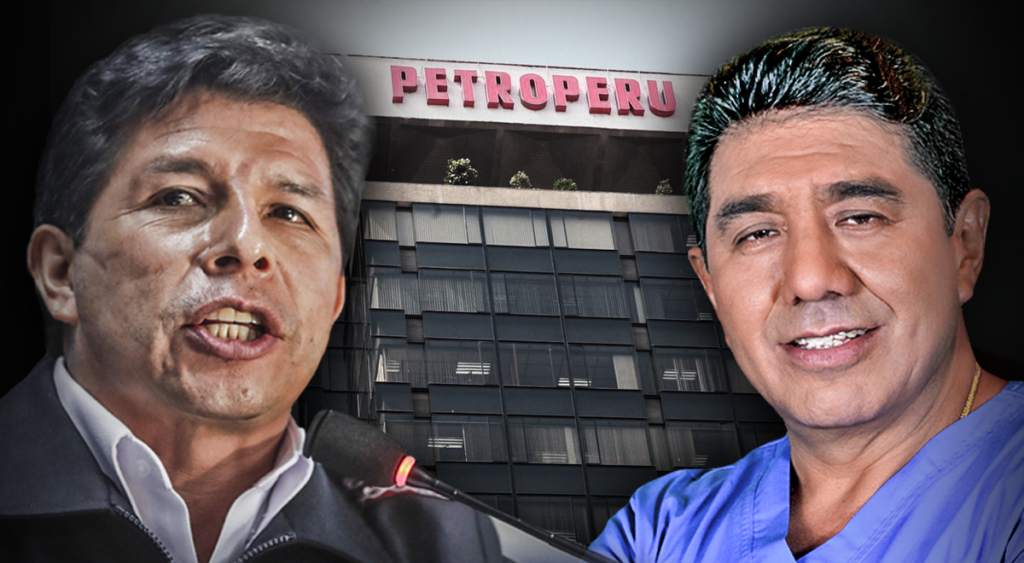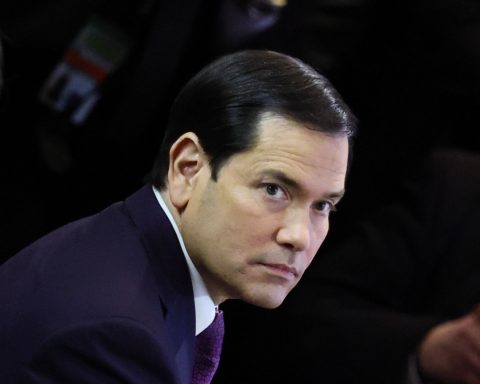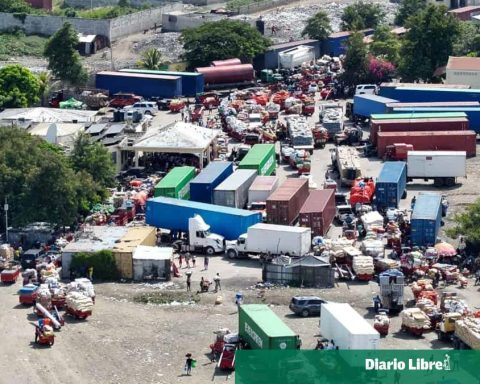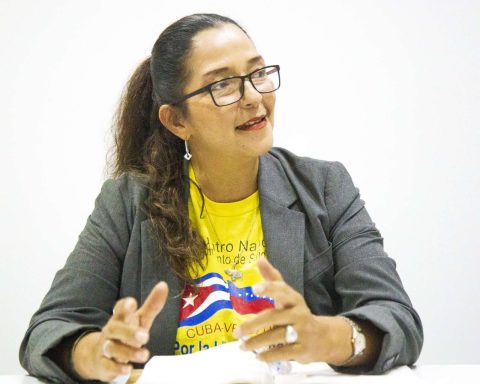Carla Samon Ros
Lima, Oct 12 (EFE).- The judicial pressure against the Peruvian president, Pedro Castillo, grew notably this Tuesday with the decision of the attorney general to present a constitutional complaint against him in Congress for leading an alleged criminal organization, an unprecedented event that opens a new episode of uncertainty in a country plagued by constant political crises.
With this movement, the Attorney General of the Nation (General), Patricia Benavides, left in the hands of Parliament, dominated by the opposition, the fate of the accusation against the president, who has accumulated six investigations since he took office in July last year. preliminary investigations of alleged cases of corruption.
This now ignites a battle with more political overtones than legal, which looks long and, in the eyes of Castillo, forges the beginning of a “new type of coup.”
But what exactly is Benavides asking for with this complaint? What steps will the process follow in Congress? And what implications could it have for the Castillo government?
These are the main keys of the case:
APPEAL TO AN INTERNATIONAL TREATY
The 375-page complaint accuses the head of state of being the alleged perpetrator of the crimes of criminal organization, influence peddling and collusion (fraud) and extends to two of his former ministers, Juan Silva and Geiner Alvarado, also investigated in this case, which splashes the most intimate environment of the president.
After supporting the alleged existence of an alleged criminal gang in the Executive, the document dedicates its last ten pages to the prosecutor’s approach, which asks Congress to make an “interpretation” of the norms of domestic law with the supranational ones.
The reason is simple: article 117 of the Peruvian Constitution establishes that the president of the country can only be accused, during the exercise of his functions, for four specific cases, which do not contemplate corruption crimes.
Along these lines, Benavides proposes resorting to article 30 of the United Nations Convention against Corruption, alleging that it is a current human rights treaty, mandatory for the Peruvian State.
In the eyes of some experts consulted by EFE, this strategy seems to be a “more political than legal gesture to deliver the president’s head to Congress” and accuse him of a crime that the Magna Carta does not allow, in the words of lawyer Carlos Rivera, who accuses to the prosecutor for having “wanted to burn stages”.
IN THE HANDS OF CONGRESS
In any case, as Benavides said on Tuesday, the constitutional complaint now leaves the “exclusive and exclusive responsibility of Congress to decide on the procedure.”
First, the document will go through Parliament’s Subcommittee on Constitutional Accusations, chaired by the conservative Lady Camones, who today assured that her parliamentary group will give priority attention to the complaint.
If admitted, it will enter an evidentiary stage in which the accused must exercise his defense in the subcommission, before it issues its final report on whether or not it recommends the constitutional accusation against Castillo.
If appropriate, the report will jump to the Permanent Commission, as a prelude to the vote in plenary, where to prosper it will require the votes of half plus one of the legislators of the chamber, less than two thirds of the chamber that requires a motion vacancy (dismissal).
AND AFTER THAT?
But the journey does not end here. If the plenary finally approves the constitutional accusation of Castillo and presidential immunity is lifted, the complaint will return to the Attorney General’s Office (general) to present a formal accusation before the Judiciary.
In the words of former Constitutional Court (TC) magistrate Eloy Espinosa-Saldaña, “it is not just about convincing Congress, but also the Supreme Court,” which through Judge Juan Checkley has so far been in favor of investigating the president. , but not to accuse him, as established by the Magna Carta.
Espinosa recalls, in this sense, that unlike the political trial, which is a faster route and allows the Peruvian hemicycle to suspend, remove or even politically disable high-ranking officials, the preliminary trial “puts it in the hands of the Supreme Court.”
The questions about the fate of this constitutional complaint against Castillo are, therefore, multiple and the answers do not seem to be just around the corner, where instead the design of a new presidential impeachment motion by the opposition could be heating up. Parliamentary, which has already failed twice. EFE.
















